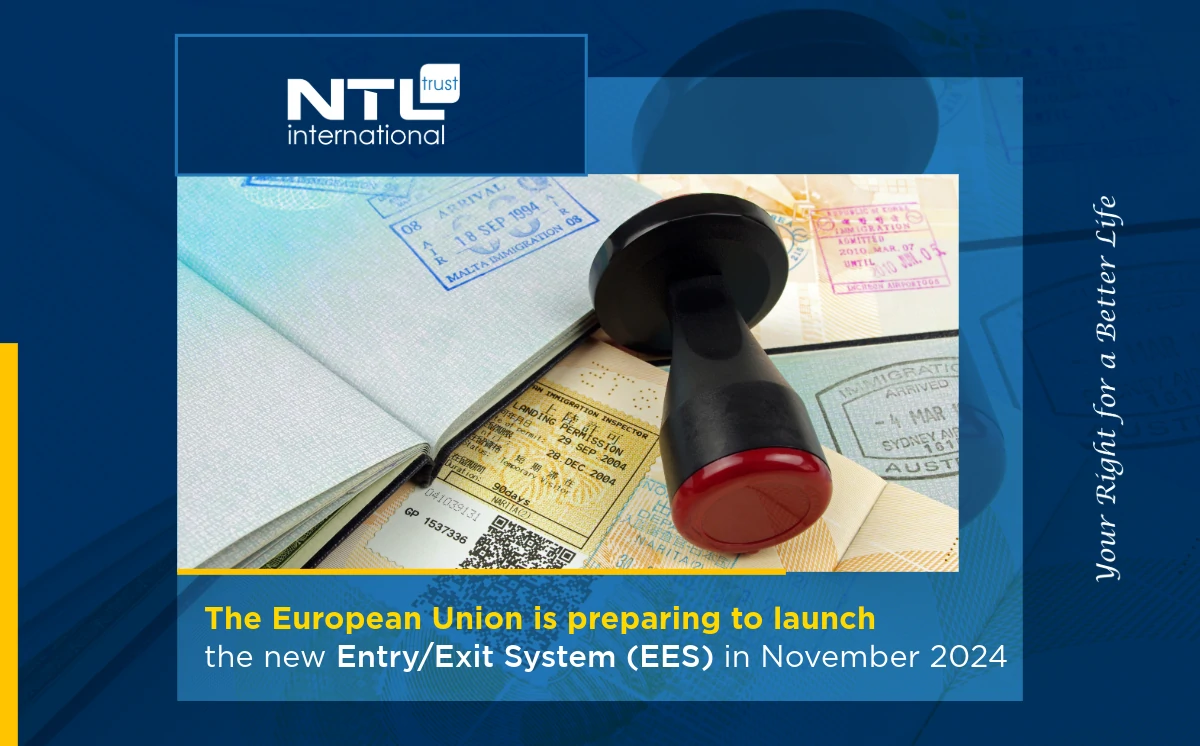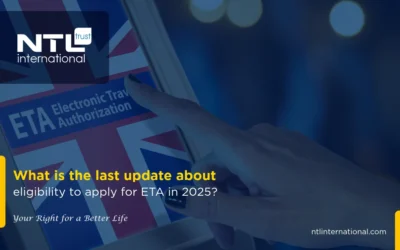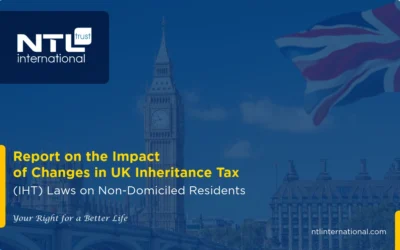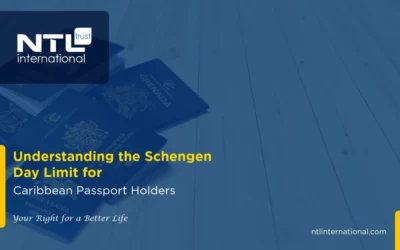
The EU plans to implement the Entry/Exit System (EES) for non-EU citizens starting November 10, 2024. This digital system will replace traditional passport stamps, with travelers’ data recorded electronically upon entering or leaving the Schengen Area. The EES aims to ensure visitors stay within the allowed 90-day stay within 180 days.
The EES will start in November:
Travelers will need to provide fingerprint and facial biometric data during their first entry. Subsequent crossings will be easier, requiring only a passport scan at a self-service kiosk to verify identity. Travelers will also need to register online for free before traveling to the EU.
However, concerns have been raised about potential travel delays due to the new system (EES). The European Commission has proposed a gradual and flexible implementation to reduce waiting times.
This change coincides with the expected launch of the European Travel Information and Authorization System (ETIAS) in 2025, which will require visitors from 60 visa-exempt countries to obtain an entry permit for a fee of €7, valid for three years.
With these changes ( EES), passport stamps may become a thing of the past, raising questions about the loss of personal touch in travel as we move further into the digital age.
Discover the latest update on the UK Electronic Travel Authorisation (ETA)
The UK Electronic Travel Authorisation (ETA) grants permission to travel to the UK, but not permission to enter. Therefore, individuals from visa-required nationalities must obtain both a visa and an ETA before traveling to the UK.
Report on the Impact of Changes in UK Inheritance Tax (IHT) Laws on Non-Domiciled Residents
The proposed changes to UK inheritance tax (IHT) laws reduce the exemption period for non-doms from 15 years to 5 years.
Investing in Portugal: What 2023 Migration Statistics Tell Us About Golden Visa and Residency Opportunities
Portugal continues solidifying its position as one of Europe’s top destinations for investors and entrepreneurs to empower investing in Portugal.
Duration of Stay for Grenada Passport Holders in the Schengen
Duration of Stay for Grenada Passport Holders in the Schengen Area and Re-entry Conditions
Types of Bank Accounts and Their Benefits: A Simplified Guide for Investors and Second Citizenship Holders
Types of Bank Accounts and Their Benefits: A Simplified Guide for Investors and Second Citizenship Holders





